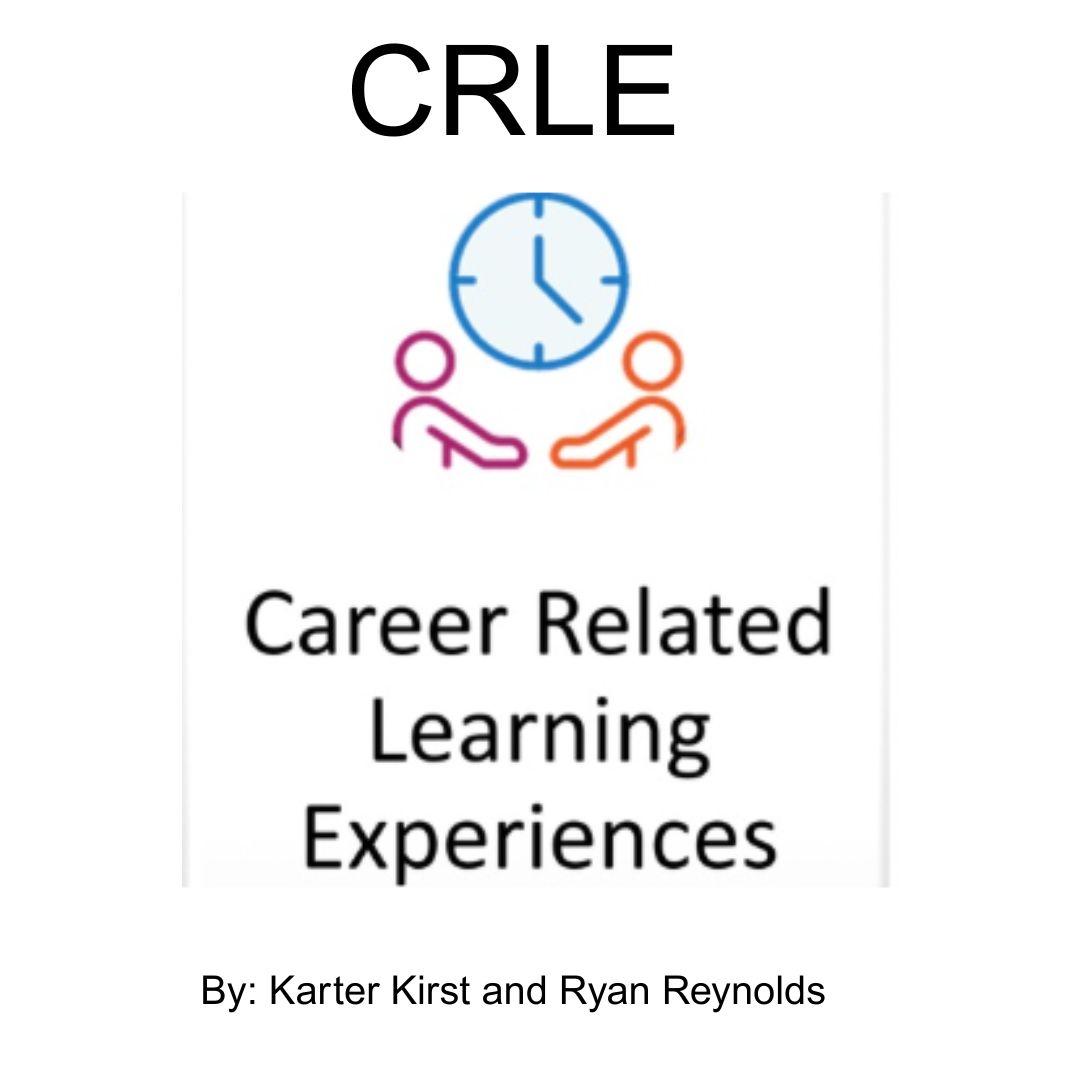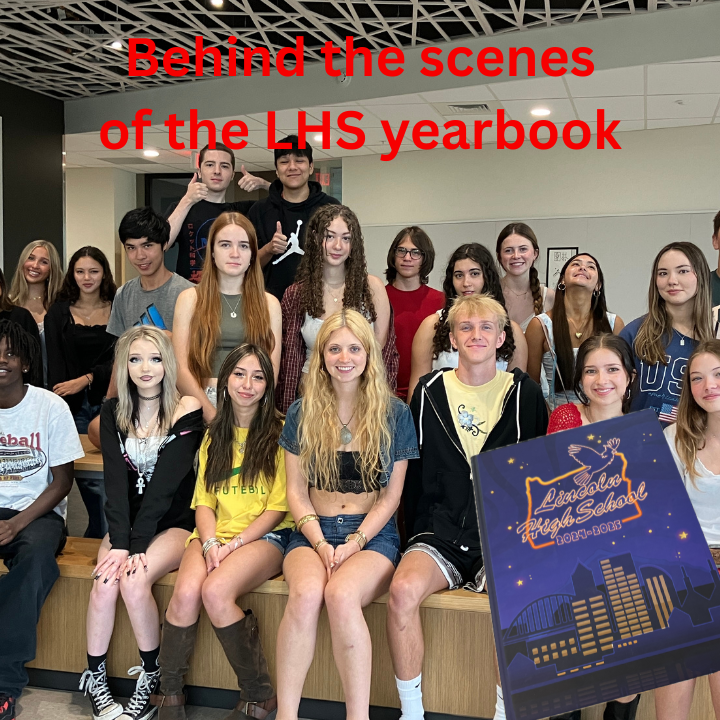60-Day rule: A Q&A with Vice Principal Christopher Brida
April 19, 2023
The 60-day rule requires that “seniors be disqualified from participation in commencement exercises and related activities if within 60 consecutive calendar days of the last senior school day they are found to be in violation of substance abuse Levels B or C.” Levels B and C qualify as transfer/sale of drugs and/or alcohol, second violation of possession/use, or any third violations, according to the 2022-23 Portland Public Schools (PPS) Student Rights, Responsibilities and Discipline Handbook. Violating the 60-day rule also results in a three or more days of suspension or more serious disciplinary action.
CT: Does the 60-day rule only apply on PPS campuses?
Brida: As it relates to the drug and alcohol policy, the rule is school activities. Prom is off campus, but it’s a school event, so it would apply there. The jurisdictional boundary that the school has is to and from school. I could see a kid across the street [and] that would still count [as the] to and from part of coming to school.
CT: Is a student suspended or banned from walking at graduation if they are with someone violating the rules, but not directly involved themselves?
Brida: It depends on the involvement, specifically as it relates to level B or C of the drug and alcohol policy. For example, [if there are] two students in the same bathroom stall [and] one of them vapes but the other one doesn’t, that could still mean that the second person is also in trouble for that. It’s a little trickier to say, definitively; it’s not as clear.
CT: What is PPS’ intention behind the 60-day rule? How do they feel this benefits the senior class?
Brida: The intention behind it is that it’s a safeguard to support students staying focused through graduation. There’s been a fear of and realized reality of things like drunk driving, accidents and overdoses. This really applies to seniors [as they] are beginning the deregulation process of becoming the person that they’re going to be once they leave Lincoln High School.
CT: Are all senior pranks a violation of the 60-day rule?
Brida: I don’t know that it’s necessary that all of them are, but I think if the prank meets any of the criteria handbook for type three or type four [that could be a violation].
CT: Are seniors required to meet a certain amount of attendance hours in order to walk at graduation?
Brida: Those two things are unrelated, as attendance is not connected to the 60-day rule. Students are not penalized solely on the basis of attendance, but there are obvious implications to missing a significant amount of school.
CT: Do you and the Lincoln administration team have any concerns / disagreements with this rule?
Brida: I don’t, and I don’t think the team does either. The purpose of the rule is to keep students safe and support good decision making. If a student makes a mistake, they’re not immediately hit with the harshest penalty possible. But also, if a student makes a decision that leads to any of the things that we talked about, then I think it’s a fair rule.
This interview has been edited for brevity and clarity.



